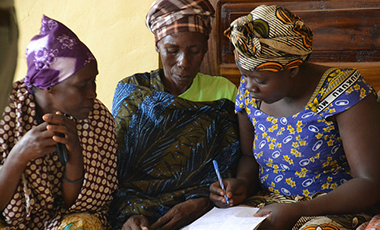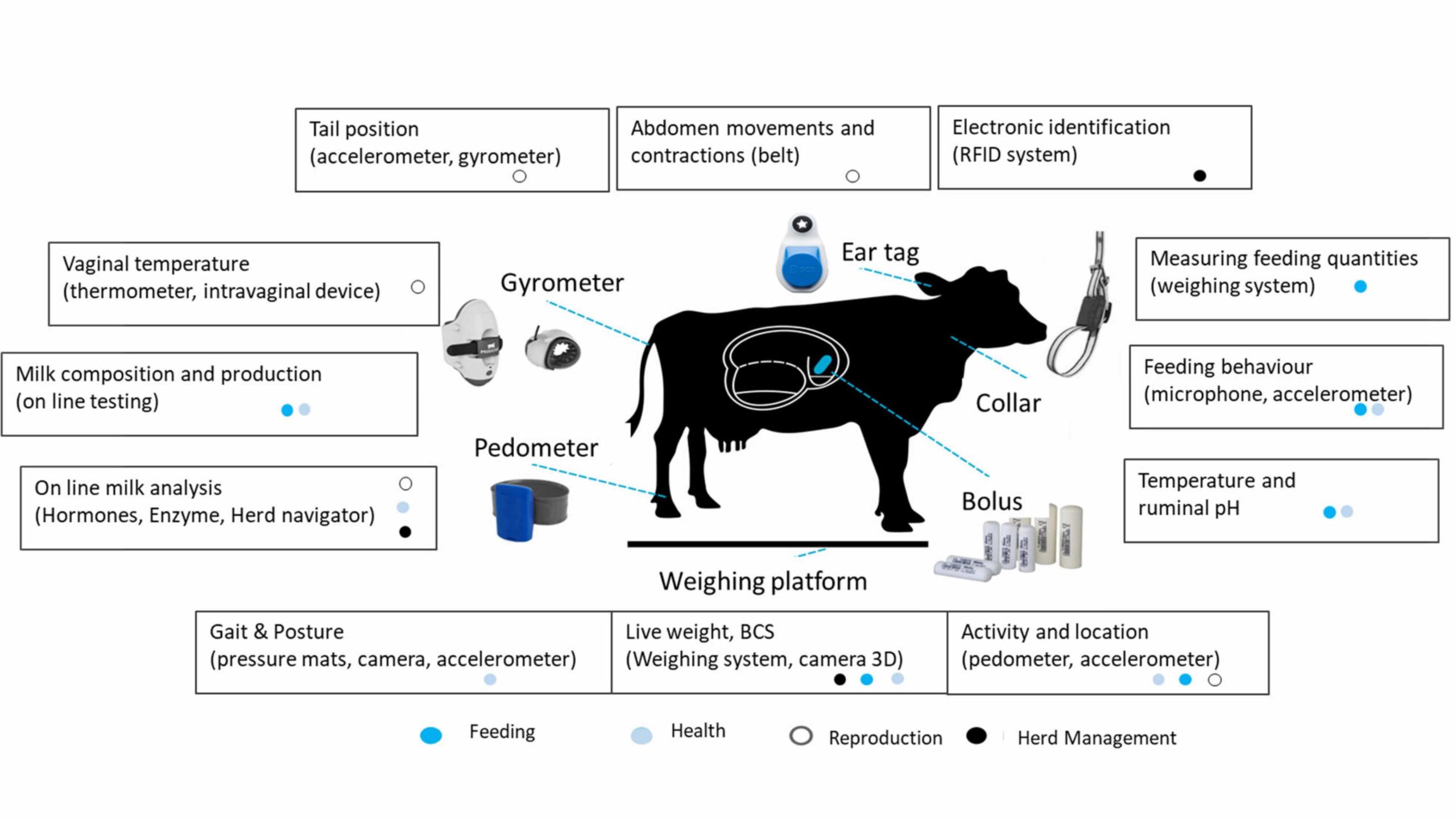Tanzania recently passed new legislation that provides a glowing example of legal commitment to improving women’s land rights. However, in this setting as elsewhere, local interpretation and implementation can water down a policy’s effectiveness. Customary law—common accepted practices in a community—often dominates. For example, a 2009 study by the Women’s Legal Aid Center finds limited impact of land laws on women’s land ownership. A 2011 report notes that only 38 percent of widows receive a majority of their late husband’s assets in Tanzania – a key provision of this law.
In response to this gap between written law and local governance practices, community-based legal aid (CBLA) programs have surfaced in many countries. These programs provide legal training and help people in rural communities know their legal rights. The idea is that these (often volunteer) paralegals can reach more people, especially women, than can be served by conventional legal services.
The question is, do these programs work?
To date, there are few rigorous studies that quantify the efficacy of such programs, despite their growing popularity. In 2013, my colleagues and I conducted a one-year CBLA program evaluation in two districts of Kagera, Tanzania. The CBLA program we evaluated was created to improve women’s access and rights to land by raising awareness through sensitization activities and providing paralegal mediation services and lawyer referrals. Paralegals were trained using a national standardized curriculum and randomly allocated to treatment villages, allowing us to identify program impacts.
Our analysis largely relies on the documentation of changes in individual (male and female) legal knowledge, attitudes, and practices surrounding land issues, rather than the resolution of court cases. In addition, although our data highlighted the phenomenal dedication of some paralegals—and our survey reveals the program led to an increase in awareness of paralegals among both women and men—altering social norms towards equitable rights for women over a period of one year is a tall order for any campaign.
Our preliminary analysis indicates the CBLA program offered no benefits on average to its community clients over the one-year period we studied it. Benefits were limited to smaller villages, which suggests program effectiveness is constrained by costs to outreach.
Additionally, the CBLA programs we studied suffered some common difficulties:
- Paralegal attrition was a persistent challenge, as it is in many existing CBLA programs. Sixteen percent of our paralegals ceased to assist the community after one year. Some faced resistance from their local governments in spite of their involvement in the paralegal selection process. Others insisted on being compensated even though the voluntary nature of the program was made explicit by our implementing partner.
- Migration was high in the rural communities we studied, with individuals arriving and leaving throughout the year, limiting their access to paralegal services.
- Constraints on paralegal resources to reach those in need perhaps posed the greatest challenge. The majority of paralegals reported spending their own money on transportation to reach clients. Here, looking at the differences in program impacts by village size speaks volumes. The costs of reaching clients is presumably lower in smaller villages. In fact, we find women in smaller CBLA communities are more likely to attend legal seminars, are more aware of paralegals, and are more likely to possess positive attitudes regarding equal land rights, wife’s entitlement to inheritance, and the fairness of resolution practices of the Land and Housing Tribunal (the main formal institution to resolve land conflicts). Even if our sample of women were no more likely to seek a paralegal firsthand, impressions of legal service providers in smaller villages changed in the short term in response to the program.
Our findings have broad implications for existing CBLA programs. First, educated paralegals have competing interests on their time and therefore it is worth considering whether small, monetary incentives change the dynamic of the program. Second, providing a mode of transportation for paralegals could enhance outreach, and therefore program effectiveness, in remote villages. Future research on mechanisms to improve the delivery of services and outreach of paralegals over a longer time horizon would shed light on more sustainable CBLA models.







